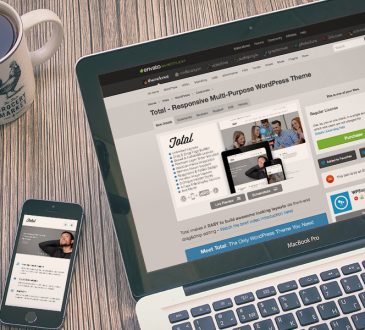With new and stricter rules being introduced in the UK and around the world, supply chain compliance is becoming more important than ever. Businesses need to understand how compliance works to avoid fines, delays, or damage to their reputation.
Managing supply chain compliance may seem complicated at first, but with the right systems in place, it becomes much easier. In this guide, we’ll break down what supply chain compliance really means, the common risks to watch out for, and how you can protect your business by staying ahead of the rules. We’ll also explain how working with experts like Procurement Hub can help you navigate these challenges more confidently.
What Is Supply Chain Compliance?
Supply chain compliance means making sure your business—and the companies you work with—follow all the necessary laws, regulations, and ethical standards and for this supply chain analytics is necessary. This includes everything from paying fair wages and avoiding child labour, to meeting environmental rules and protecting personal data.
In simple terms, supply chain compliance is about doing the right thing at every step of your supply chain. It helps your business:
- Stay within the law
- Avoid fines and penalties
- Protect your reputation
- Support fair working conditions and the environment
- Build stronger relationships with suppliers and customers
Today, there’s more focus than ever on environmental and social goals, such as reaching the UK’s net zero targets or meeting ESG (Environmental, Social, and Governance) standards. That means businesses are expected to be more careful and more transparent than before.
What Are Supply Chain Compliance Risks?
Risks in your supply chain are problems that could lead to legal trouble, financial losses, or public backlash if not handled properly. These risks can happen at any point in your supply chain—from the source of raw materials all the way to product delivery.
One of the biggest risks is corruption. Without the right checks in place, your supply chain could be exposed to bribery or unethical behaviour. This is why having strong compliance processes is so important. It not only keeps you on the right side of the law but also helps you avoid sudden surprises.
Common Supply Chain Compliance Risks (With Real Examples)
Here are five of the most common issues businesses might face:
1. Labour and Human Rights Violations
Examples include using child or forced labour, paying below minimum wage, or having unsafe working conditions. These problems can lead to legal penalties and serious harm to your brand.
2. Breaking Environmental or Safety Rules
Suppliers who pollute the environment, waste resources, or ignore safety rules can cause fines, product recalls, or public complaints. The UK’s Modern Slavery Act is one law that outlines how businesses must treat workers fairly and act responsibly.
3. Corruption and Bribery
Working with suppliers that take part in bribery or ignore trade restrictions can lead to big fines or legal action—and can quickly damage trust in your company.
4. Cybersecurity and Data Breaches
If a supplier mishandles personal data or has poor cybersecurity, it could result in a data breach and violations of laws like the GDPR. This can shake customer confidence and damage your reputation.
5. Lack of Transparency and Ethical Sourcing
This includes failing to document where goods come from, using conflict minerals, poor treatment of animals, or hiding the use of subcontractors. These practices can raise legal and ethical concerns.
How to Manage Supply Chain Compliance Risks
Here are a few practical ways to make sure your supply chain stays compliant and runs smoothly:
1. Do Your Homework (Due Diligence)
Before working with a supplier, check their background. Ask for certificates, look at past performance, and review their commitment to legal and ethical standards.
2. Use Clear Contracts
Set expectations early. Your contracts should explain the rules suppliers need to follow, such as fair labour, safe working conditions, and anti-corruption. Include clauses that allow you to audit them and take action if needed.
3. Monitor and Audit Regularly
Check in on your suppliers often. Use audits and software to track how well they’re following your rules. You can also hire third-party experts for unbiased checks.
4. Train and Support Your Suppliers
Make sure your suppliers know what’s expected. Offer training sessions, simple guides, or workshops to help them understand your standards—and how to meet them.
5. Increase Transparency
Track where your materials come from, how goods are made, and how suppliers impact the environment. Tools like supply chain mapping and reporting can make this easier and help you identify weak spots.
By following these steps, you can avoid costly problems, build trust, and keep your business running smoothly.
How Supply Chain Compliance Specialists Can Help
Working with supply chain experts like Procurement Hub can make a big difference. Their team can:
- Spot and fix existing issues in your supply chain
- Create strong systems to catch future problems early
- Offer ongoing advice so you can keep improving
Procurement Hub also offers procurement consulting, helping you make better decisions, save money, and simplify your processes.
They only work with top-rated suppliers who understand the public sector and meet high standards. There are no membership fees to join, and you’ll get free access to their trusted supplier network.
Final Thoughts
Supply chain compliance isn’t just about avoiding fines—it’s about building a better, more responsible business. Whether you’re a small company or a large organisation, taking steps to manage risks and follow the rules is essential.
With the right knowledge, tools, and expert support, you can confidently manage your supply chain and keep your business on the right track. If you need help, consider reaching out to specialists like Procurement Hub to get the guidance you need.




